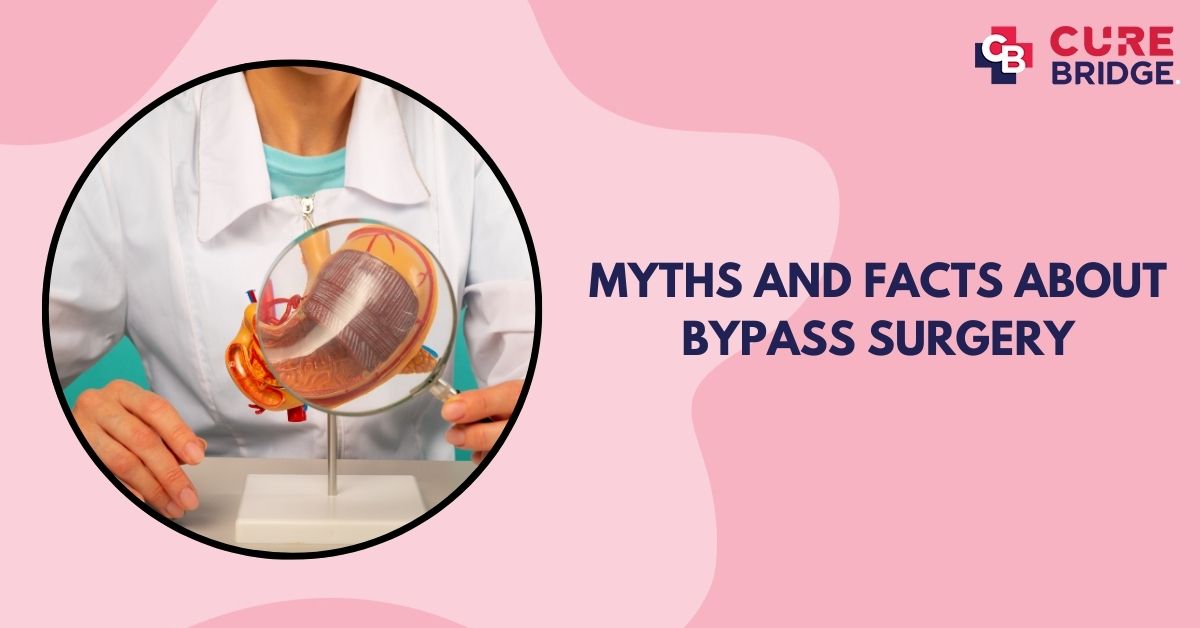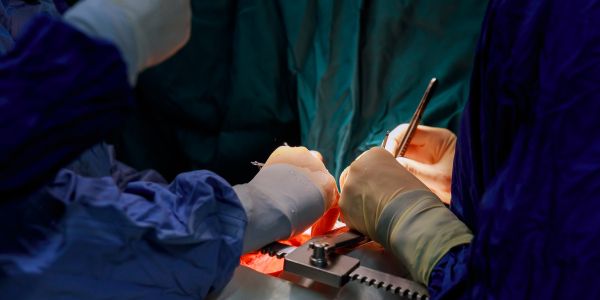
Myths and Facts About Bypass Surgery
There are many misconceptions about bypass surgery, just like every surgery. Because of ignorance, you should not end up not having a bypass surgery and getting a second chance at life. Bypass surgery, also known as coronary artery bypass grafting (CABG), is a life-saving procedure that has transformed the treatment of coronary artery disease. Dispelling the myths will put an end to patients’ uncertainty and bewilderment.
Let’s look at a few of them and try to uncover the facts:
Bypass Surgery: Myths vs Facts
Myth 1: Bypass surgery is only for older adults.
Fact: While bypass surgery is more common in older adults, it can benefit individuals of all ages, including younger patients with advanced coronary artery disease. Age alone is not a determining factor for candidacy; instead, the severity of the disease and overall health status are considered.
Myth 2: Bypass surgery is risky
Fact: Bypass surgery is a well-established and safe procedure with high success rates. Advances in surgical techniques and perioperative care have significantly reduced the risk of complications.

Myth 3: Bypass surgery requires a lengthy hospital stay.
Fact: With minimally invasive approaches and enhanced recovery protocols, many patients undergoing bypass surgery can expect shorter hospital stays and faster recovery times. These advancements have revolutionized post-operative care, allowing patients to return to normal activities sooner.
Myth 4: Bypass surgery leads to memory loss and cognitive decline.
Fact: While cognitive decline can occur after bypass surgery, it is often temporary and resolves within a few weeks to months. Most patients experience improved cognitive function over time as they recover from the procedure and regain their overall health.

Myth 5: Bypass surgery is the only treatment option for coronary artery disease.
Fact: Bypass surgery is one of several treatment options for coronary artery disease, including medication therapy, lifestyle modifications, angioplasty, and stenting. The choice of treatment depends on the severity and extent of the disease, as well as the patient’s circumstances and preferences.
Myth 6: Bypass surgery is only necessary if you have symptoms of heart disease.
Fact: Bypass surgery may be recommended for individuals with significant blockages in the coronary arteries, even if they do not have symptoms. This preventive approach can reduce the risk of heart attacks and other complications.

Myth 7: Bypass surgery is a last resort when all other treatments fail.
Fact: Bypass surgery is often recommended when other treatments, such as medication therapy or angioplasty, are insufficient to relieve symptoms or improve blood flow to the heart.
Myth 8: Bypass surgery is a painful procedure with a difficult recovery.
Fact: While bypass surgery is a significant operation, advancements in pain management techniques and rehabilitation protocols have improved patient comfort and recovery. Many patients experience manageable discomfort and can resume normal activities within a few weeks after surgery.

Myth 9: Bypass surgery is always performed as an emergency procedure.
Fact: Bypass surgery can be elective or urgent, depending on the patient’s condition and the severity of their coronary artery disease. Elective surgeries are scheduled in advance, allowing time for pre-operative assessments and health optimization. In contrast, urgent surgeries are performed when immediate intervention is necessary to address critical blockages or symptoms.
Myth 10: Bypass surgery is only successful in the short term.
Fact: Bypass surgery has been shown to provide long-term benefits for many patients, with improved survival rates and symptom relief lasting for years or even decades. With proper lifestyle modifications and adherence to medical therapies, patients can enjoy a better quality of life and reduced risk of future cardiovascular events following surgery.
To Sum Up
Bypass surgery is a highly effective treatment option for coronary artery disease, offering relief from symptoms and improving overall quality of life. Don’t let misconceptions about bypass surgery cloud your judgment. Trust in the expertise of healthcare professionals. With the correct information and assistance, you can be conscious of cardiovascular wellness and prepare for a better future.
People Also Read: Unveiling The Hidden Expenses of Bypass Surgery: Beyond the Surgical Cost
